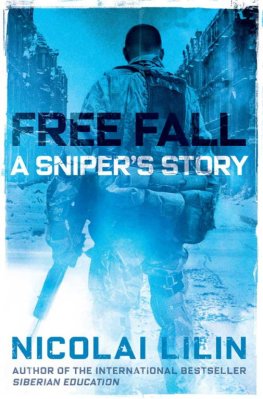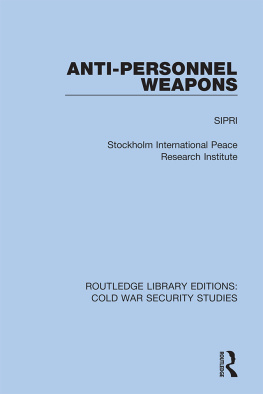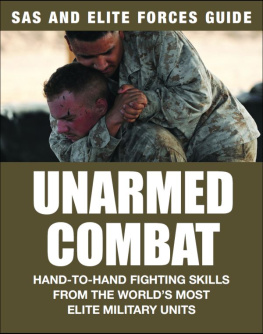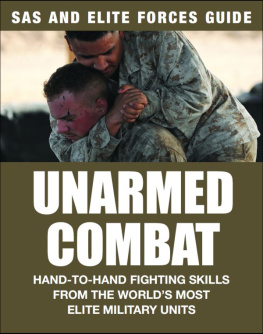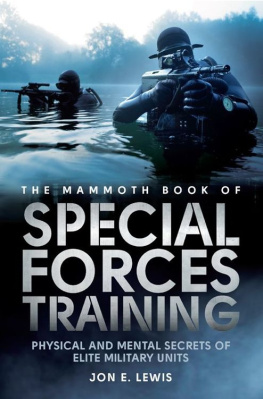Nicolai Lilin
FREE FALL
A Snipers Story
Translated from the Italian by Jamie Richards
This book is a story constructed with true details, a distorted reflection of the reality that we experienced.
That is, I changed the names of characters and units to protect those involved; I omitted place names and also blurred the times when the events narrated here actually took place.
N.L.
I was getting bored at home, coddled by my mom,
Then one fine spring day, the dear Fatherland called me away.
Now Im not bored one bit, time flies like a bullet
Russian army song
If any citizen, in the absence of legal grounds, fails to appear at the appropriate commissariat in response to the summons for military conscription, he will be considered a deserter and tried according to the law of the Russian Federation.
From the Russian Federation law on military service, Article 31.5
Walking with my shadow on the ground,
going down the rocky road,
boots making me cripple-toed,
and my helmet slipping down.
Rifle thumping on my arse,
girls still on my mind.
I trip on stones and fall behind,
cursing every Russian curse.
Op-lya, the army is me!
Op-lya, the army is me!
From The Army is Me by singer-songwriter Sergei Trofimov
Having a prostitute for a daughter brings a family less dishonour than a soldier for a son.
Old Russian proverb
When I turned eighteen, I already had a past behind me. But the world had one too, and it was decidedly more complex than mine. My country was turning into a realm of the absurd. Capitalism, so longed for, never came. The mentality of the crook reigned, the mentality of people out for easy money who wished to look smarter than God himself. Or, as my grandfather would say, Everyone wanted to take Gods beard and try it on for size.
In Transnistria people did nothing but talk about Western society. The United States and Europe were living examples of economic and social prosperity; everybody wanted to become Western, thinking that if they wore designer clothes, ate fast food and bought foreign cars, democracy would naturally follow, and take root in our great and beautiful Land. It was like an infectious disease, a fever whose origin and character nobody could explain.
Post-Soviet society had erased the values of my forebears, the people who had raised me and who, for me, represented the pinnacle of human wisdom. The more this Western euphoria grew, the clearer it became that chaos would rule our days.
It was in this cheerful context, as I was saying, that I turned eighteen.
* * *
One spring morning, I woke up and went outside, opened the mailbox, and found a white card with a red diagonal line across it. It said that the military office of the Russian Federation was asking me to appear for my physical and to bring my identification documents. It added that this was the third and final time they would send me notice, and if I didnt show up within three days I could expect a criminal conviction for refusal to pay my debt to the Nation in the form of military service.
I thought that the scrap of paper was a joke, a formality, something of little importance. I went back inside, grabbed my papers, and without even changing, headed across town in my slippers to the old Russian military base.
At the door, I showed the guards the notice and they let me in without a word.
Where do I have to go? I asked one of them.
Go straight, its all the same the soldier replied unenthusiastically, clearly irritated.
What an idiot, I thought, heading towards a large office where it said: Drafts and New Recruits Department.
The office was dark; you could hardly see a thing. On the back wall was a small window out of which shone a dismal, feeble yellow light. I could hear the tip-tap of a typewriter.
I walked towards the window and saw a young woman in a military uniform at a table, typing with one hand and holding a cup of tea with the other. She took small sips and kept blowing into the mug to cool it off.
I leaned on the counter and peered in. I saw that on her knees under the table there was an open magazine. It was an article on Russian pop stars, with a photo of a singer wearing a crown adorned with peacock feathers. It made me feel even sadder.
Hello, excuse me, Miss, I got this in the mail, I said, holding out the card.
The woman turned towards me and looked at me for a second as if she couldnt figure out where she was or what was going on. She snatched the magazine shed been reading and flipped it over behind the typewriter so that I couldnt see it. Then she set down the mug of tea, and without standing up or saying anything, and without expression, she took the white card with the red line from my hand. She looked at it for a moment and then, in a voice that seemed to belong to a ghost, asked:
Papers?
Which papers, mine? I asked awkwardly, pulling my passport and everything else out of my trouser pocket. She looked at me with a hint of disdain and said, through clenched teeth:
Well, certainly not mine.
I handed over my papers and she put them in a safe. Then she took a form from a shelf and began filling it out. She asked for my name, surname, date and place of birth, home address. Then she moved on to more personal information. After asking for my parents details, she said:
Have you ever been arrested or had trouble with the law?
Well, I myself have never had trouble with the law, its the law that seems to have trouble with me sometimes Ive been arrested lots of times, I cant remember how many. And Ive been in juvenile prison twice.
She looked up and examined me. Then she tore up the form shed been filling out and took another, larger one, with a red line running diagonally across it, like that on the card Id received in the post.
We started again, covering all the personal information, this time including my convictions article numbers, dates. Then my health: illnesses, vaccinations; she even asked if I consumed alcohol or drugs, if I smoked cigarettes. This went on for an hour I couldnt remember the exact dates of the convictions, so I made them up on the spot, trying to get at least the month right, or general period.
When we were finished I tried to explain that there must be some mistake, I couldnt do military service. I had requested and been granted a six-month deferral, assuring them that in the meantime I was going to finish a course of study and then enrol at university. If everything went as planned, I added, I was going to open a physical education school for children, there in Bender.
She listened, without looking me in the eye, which worried me. Then she gave me a piece of paper. It said that from that moment onward I was the property of the Russian government and that my life was protected by law.
I couldnt understand what all this actually meant.
It means that if you try to escape, harm yourself, or commit suicide, you will be prosecuted for damage to government property, she told me coldly.
I suddenly felt trapped. Everything around me began to seem more serious and sinister than before.
Listen, I burst out, I couldnt give a shit about your law. If I have to go to jail Ill go, but I will never take up arms for your fucking government
I was furious, and when I started talking like that I instantly felt powerful, even more powerful than that absurd situation. I was sure, absolutely sure, that I could change this machine that was threatening to regulate my life.
Is there a general around, or whatever the fuck you call your authorities? I want to see one, talk to him, since you and I dont understand each other! I raised my voice, and she looked at me with the same expressionless gaze as before.

